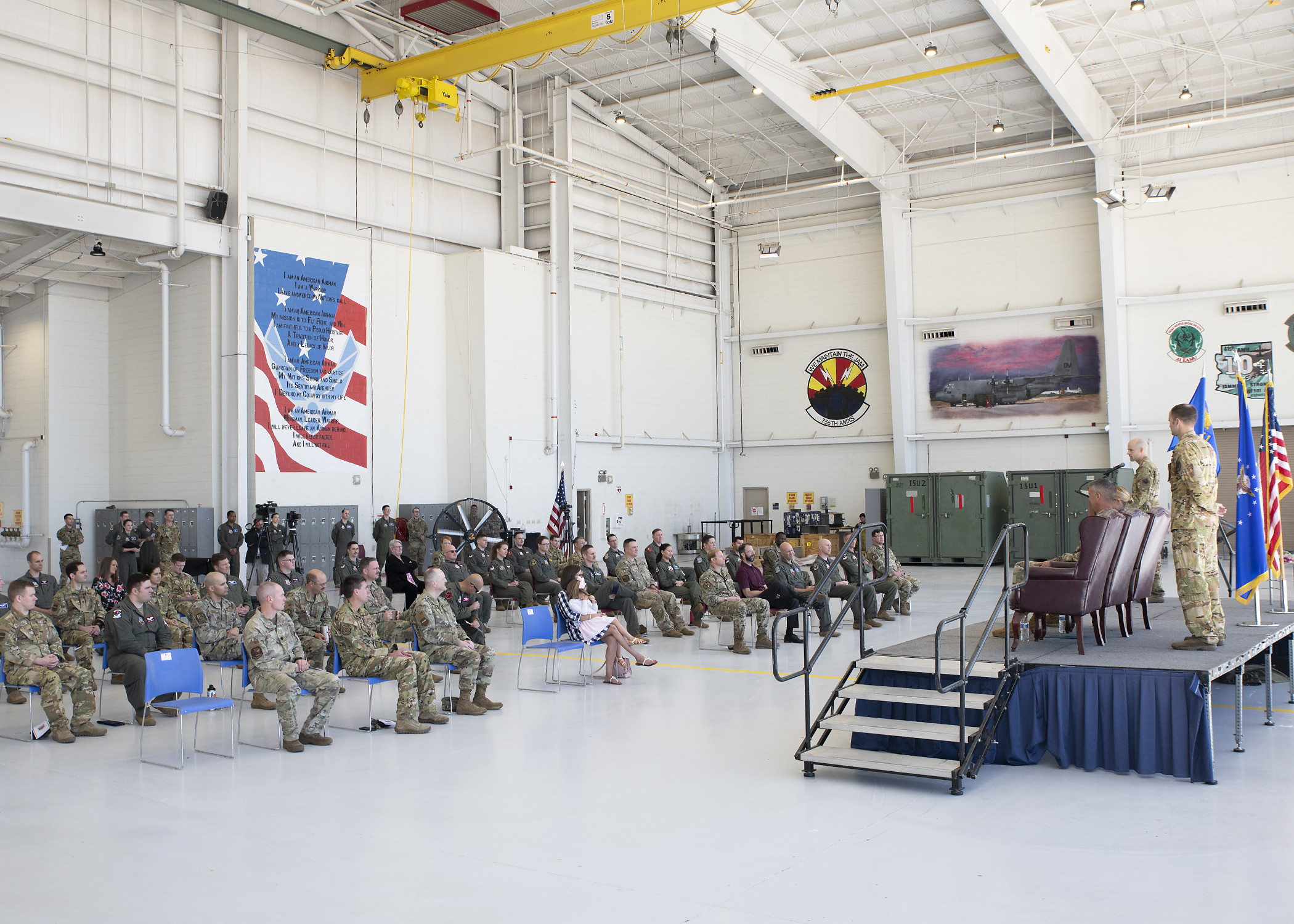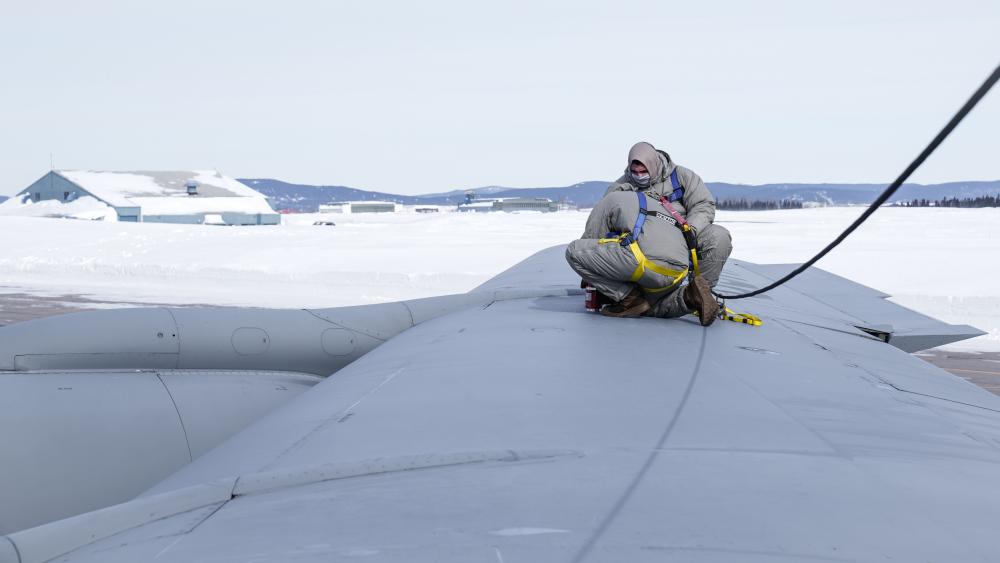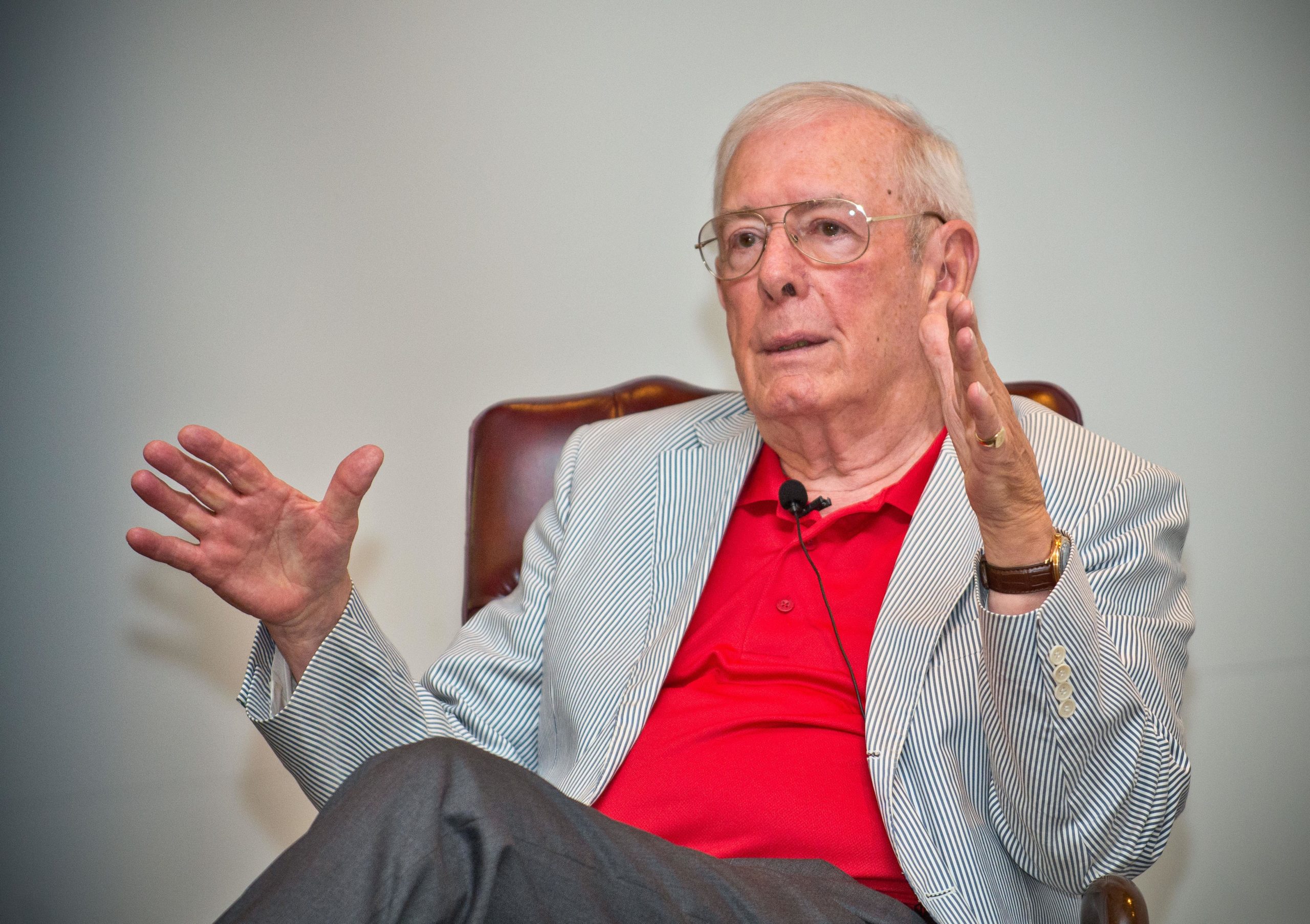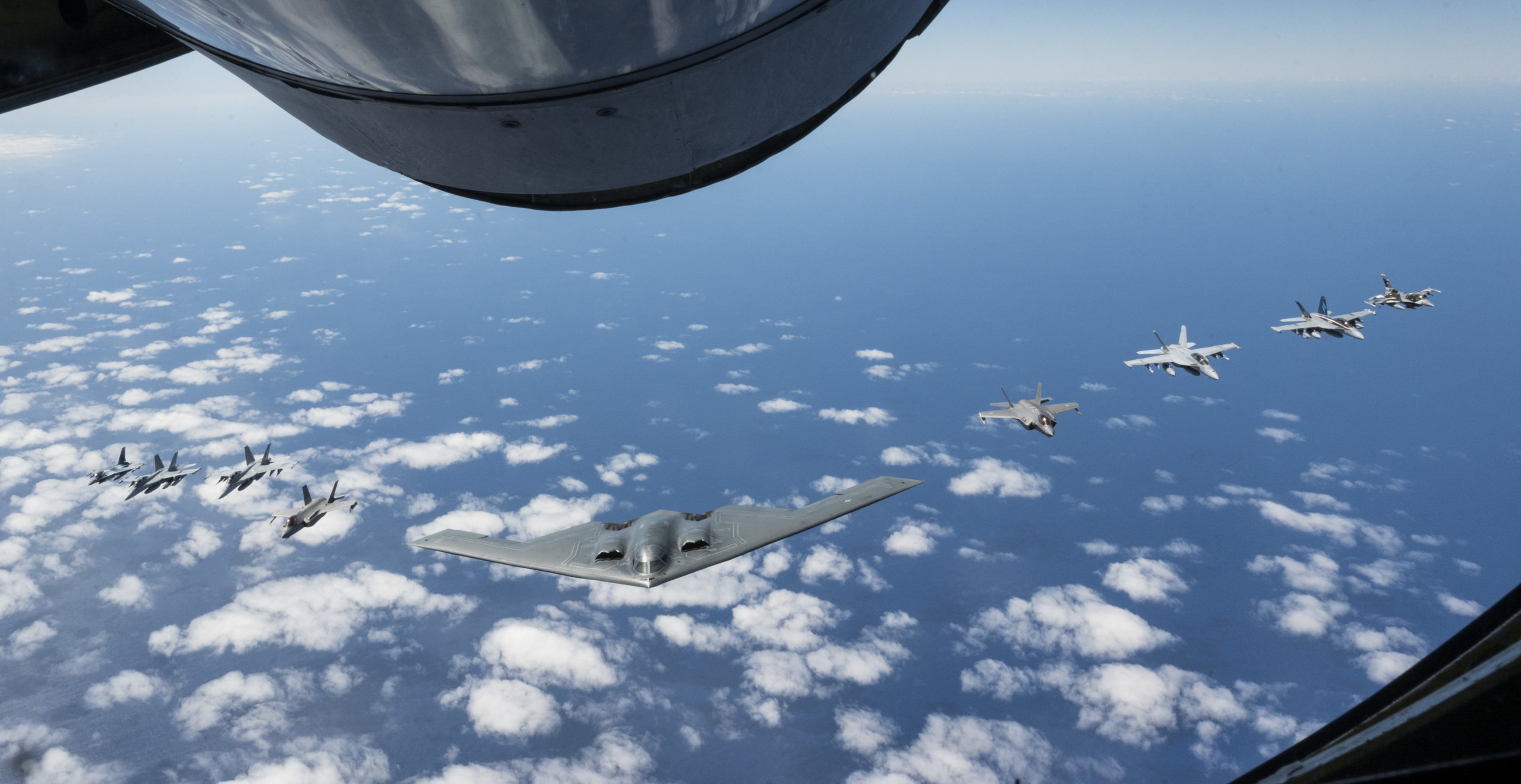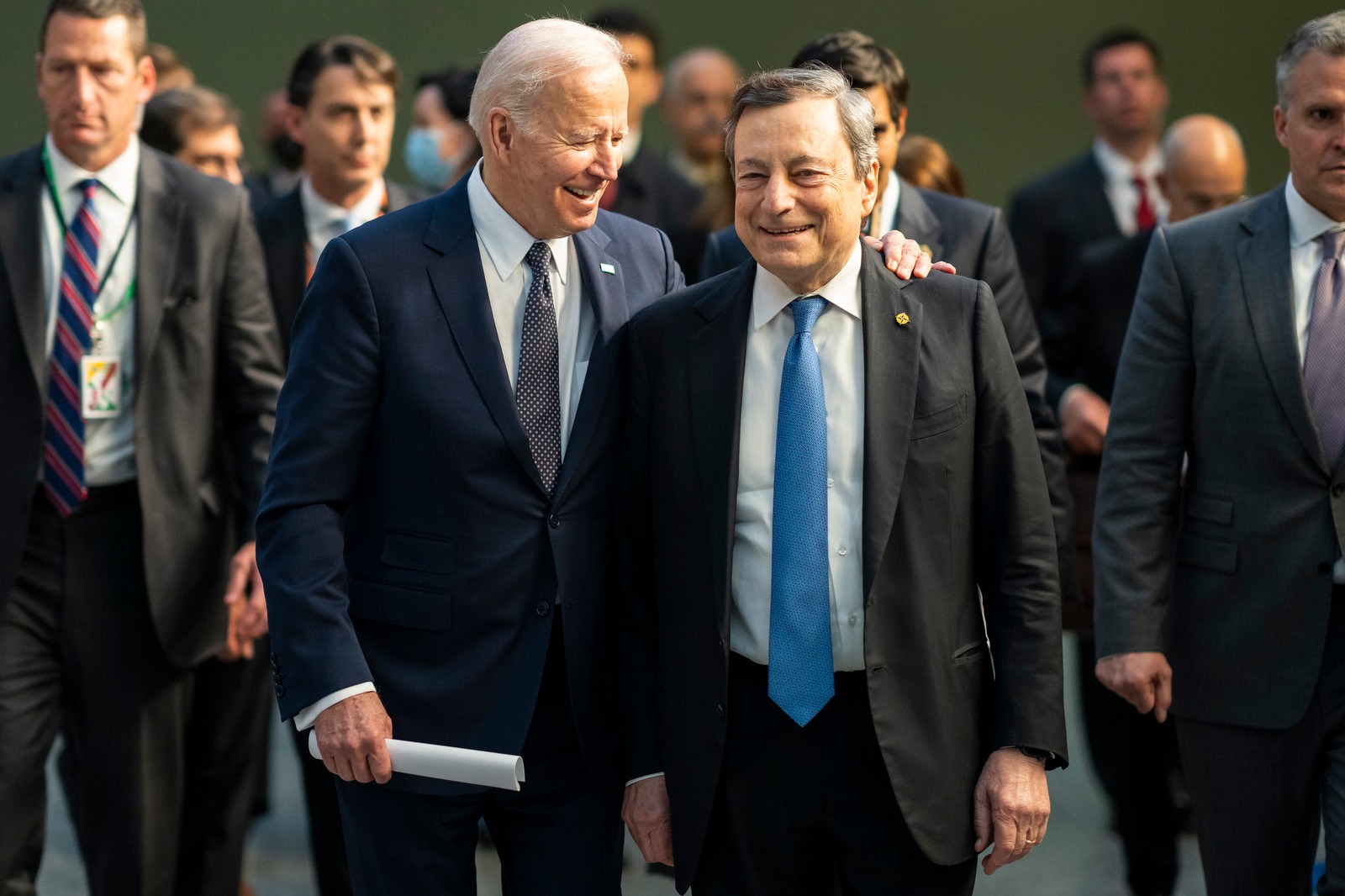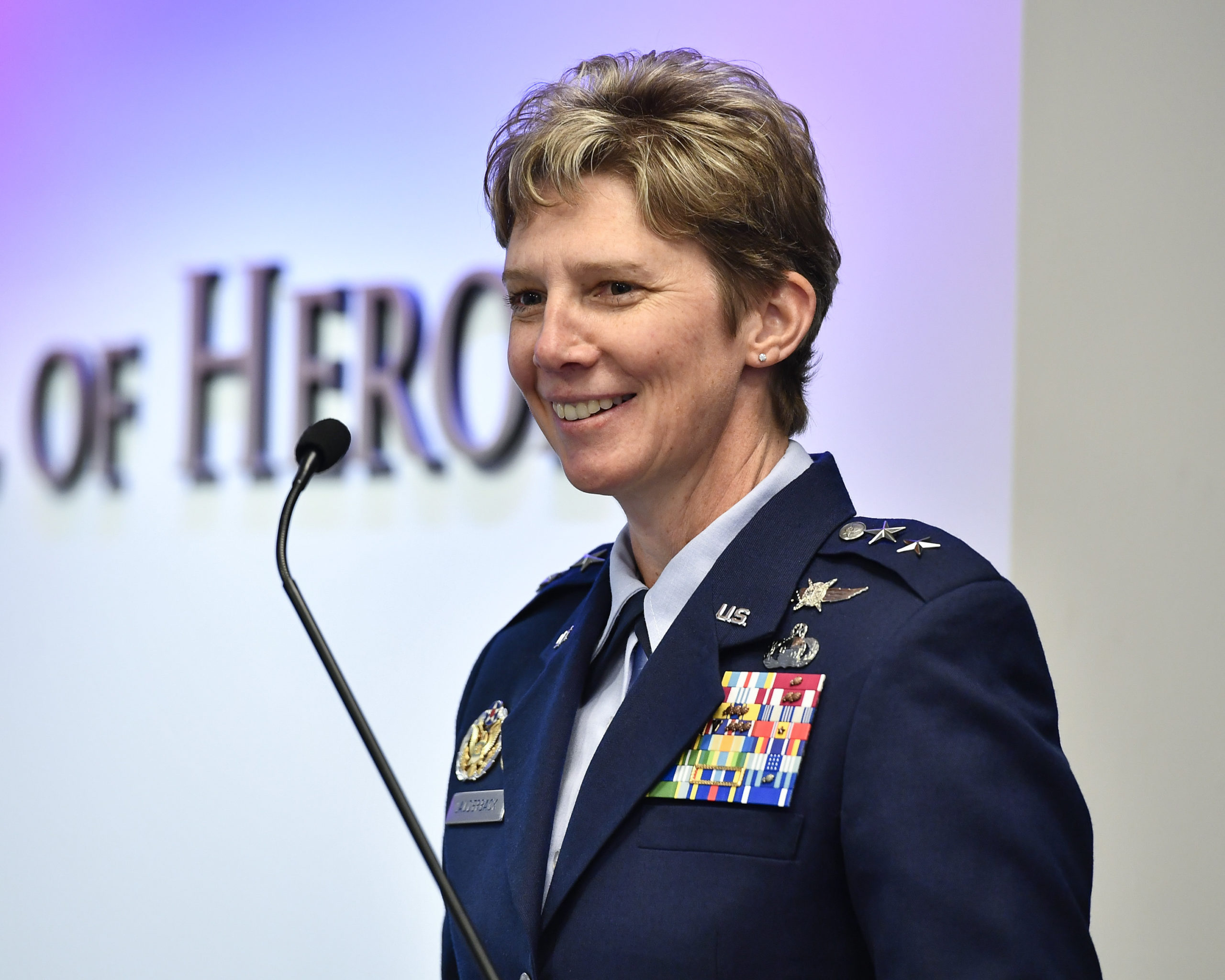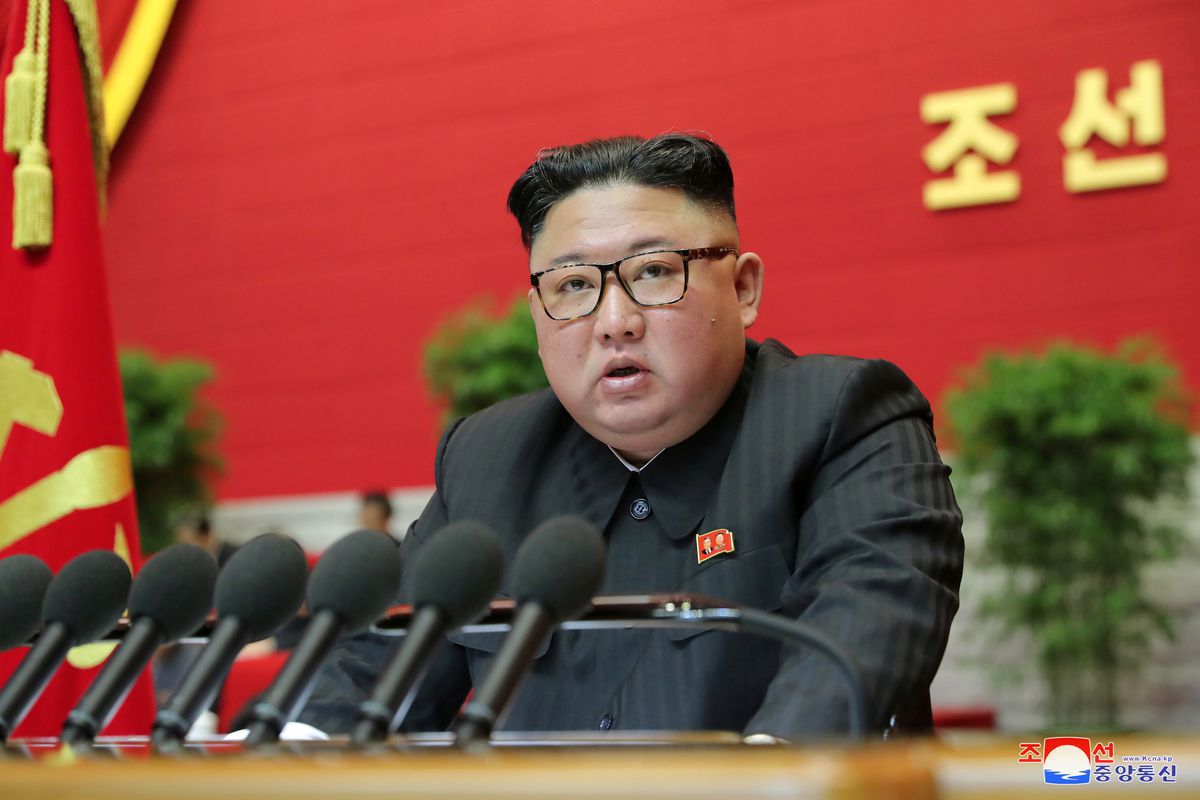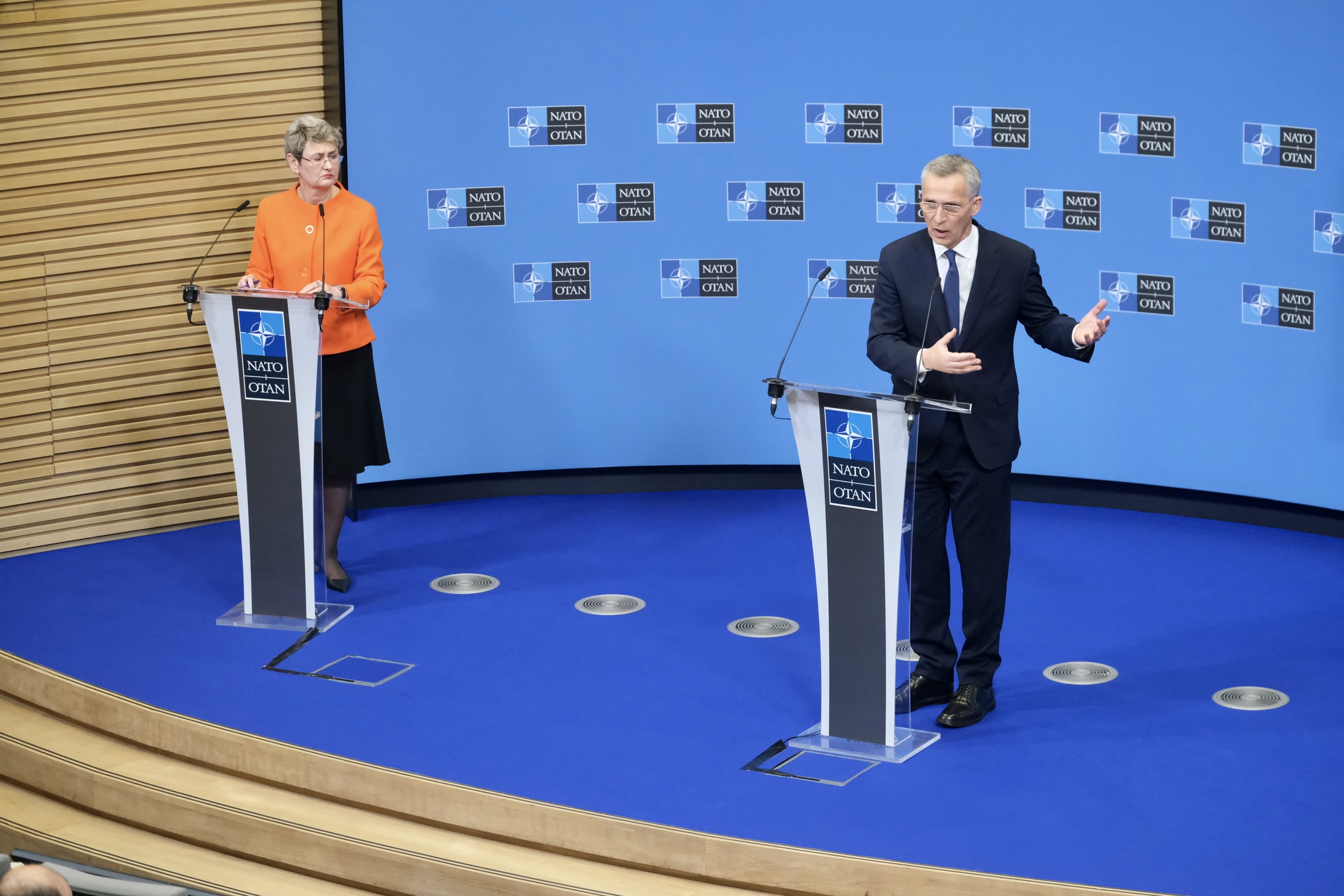The Air Force is looking to revamp the way it trains Airmen for information warfare with the establishment of a new wing-level organization.
The Information Warfare Training and Research Initiative Detachment, known as Det. 1, stood up by Air Combat Command in a March 22 ceremony at Davis-Monthan Air Force Base, Ariz. It will connect Airmen from different locations to conduct training and research on IW, according to an ACC press release.
The organization is the product of several years of collaboration between ACC, the Air Force Research Laboratory, and the Secretary of the Air Force’s Office of Concepts, Development, and Management, as they worked with academic groups to develop new ways of training for information warfare.
That push is part of a broader overall trend within the service to beef up its capabilities and expertise in electronic warfare. Chief of Staff Gen. Charles Q. Brown Jr. warned in January that the Air Force has been “asleep at the wheel” when it comes to electromagnetic spectrum warfare.
Maj. Gen. Daniel L. Simpson, Air Force assistant deputy chief of staff for intelligence, surveillance, and reconnaissance, remarked in February that the service has to “make up for 20 years of neglect,” and experts have agreed that over the course of time, the Pentagon has not invested enough in training for EW.
The new detachment is aimed at accelerating and boosting the training programs and opportunities already in place, ACC said, by “designing and building training environments and linking Airmen across the world to enable operators and researchers to experiment, test, and train in the information environment and electromagnetic spectrum,” according to a release.
As a hybrid wing-level organization, the detachment will be a subordinate unit of the 55th Wing at Offutt Air Force Base, Neb., and will maintain operating locations at Davis-Monthan, Offutt Air Force Base, Neb., and at the 67th Cyberspace Wing in Joint Base San Antonio, Texas.
Distributed across multiple locations, the unit will be able to connect to more Airmen for more regular training.
Already, ACC and its partners have hosted 22 information warfare-focused events, with Airmen, Guardians, joint partners, and members of academia and industry joining in experiments and training. The events have enabled information warfare training for larger Air Force missions like air superiority or ISR.
“We’ve adapted a ‘build, learn, correct, repeat’ model,” Col. Christopher Budde, chief of ACC’s information warfare division, said in a statement. “We are experimenting with sustainable processes and events in quick succession to scale conceptual ideas, operationally test them, then integrate these processes across the larger federated enterprise.”
These events can span locations, allowing for IW-focused units and Airmen to get training no matter where they are. They will also help Det. 1 to “rethink traditional training and research models,” ACC said.
“If we want to be a resolute world power, we must not only compete in the global commons but also compete and win in contested sovereigns,” ACC commander Gen. Mark D. Kelly said in a statement. “Most competition, if not all combat, will take place in the electromagnetic spectrum. Focusing our offensive and defensive capabilities in the digitally-enabled domain is critical to honing our lethality in strategic competition.”
